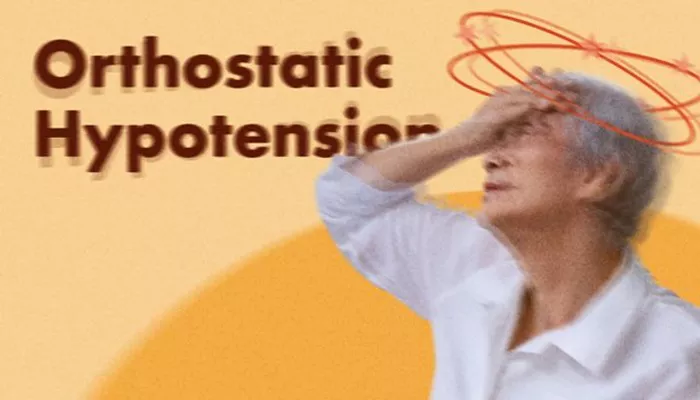A recent study from the Kennedy Krieger Institute highlights a concerning trend among children diagnosed with long COVID. The research indicates that a significant number of these children experience orthostatic intolerance (OI). This condition affects the body’s ability to regulate blood pressure and heart rate when standing, leading to symptoms such as dizziness, lightheadedness, fatigue, and cognitive difficulties often referred to as “brain fog.”
Understanding Orthostatic Intolerance
Orthostatic intolerance encompasses various disorders, including postural orthostatic tachycardia syndrome (POTS) and orthostatic hypotension. In the study, common symptoms reported among patients included dizziness (67%), fatigue (25%), and body pain (23%).
These symptoms tend to worsen when standing and improve when lying down. Such challenges can significantly hinder daily activities like exercising, attending school, and socializing, ultimately impacting the quality of life for these children.
The research was conducted at Kennedy Krieger’s Pediatric Post-COVID-19 Rehabilitation Clinic. It found that 71% of the children studied experienced at least one form of orthostatic condition.
Insights from Dr. Laura Malone
Dr. Laura Malone, the Director of the Pediatric Post-COVID-19 Rehabilitation Clinic at Kennedy Krieger, is the senior author of this study. She emphasizes the importance of screening children with long COVID for OI. Many affected children have symptoms that could easily be overlooked without proper testing.
Dr. Malone pointed out that the findings underscore the need for a comprehensive approach to treatment. The study suggests several strategies, including increased salt and fluid intake, exercise training, and physical therapy. Additionally, medications aimed at managing heart rate and blood pressure are being explored as potential treatments. However, Dr. Malone stresses that further research is necessary to fully understand OI.
The Importance of Targeted Treatments
“Our goal is to provide more targeted and tailored treatments that will help these children,” Dr. Malone stated. “This study is just the beginning, and we hope it will spark further research to support children with long COVID.”
The findings from this study are particularly significant given the increasing number of children experiencing long-term effects after COVID-19 infection. Orthostatic intolerance can severely affect their daily lives and overall well-being.
Conclusion
As more research emerges on long COVID in children, it becomes increasingly clear that conditions like orthostatic intolerance warrant attention. Early diagnosis and appropriate treatment can help improve outcomes for affected children.
The Kennedy Krieger Institute’s study serves as a crucial step in understanding these complexities and advocating for better care for young patients facing long COVID challenges.

